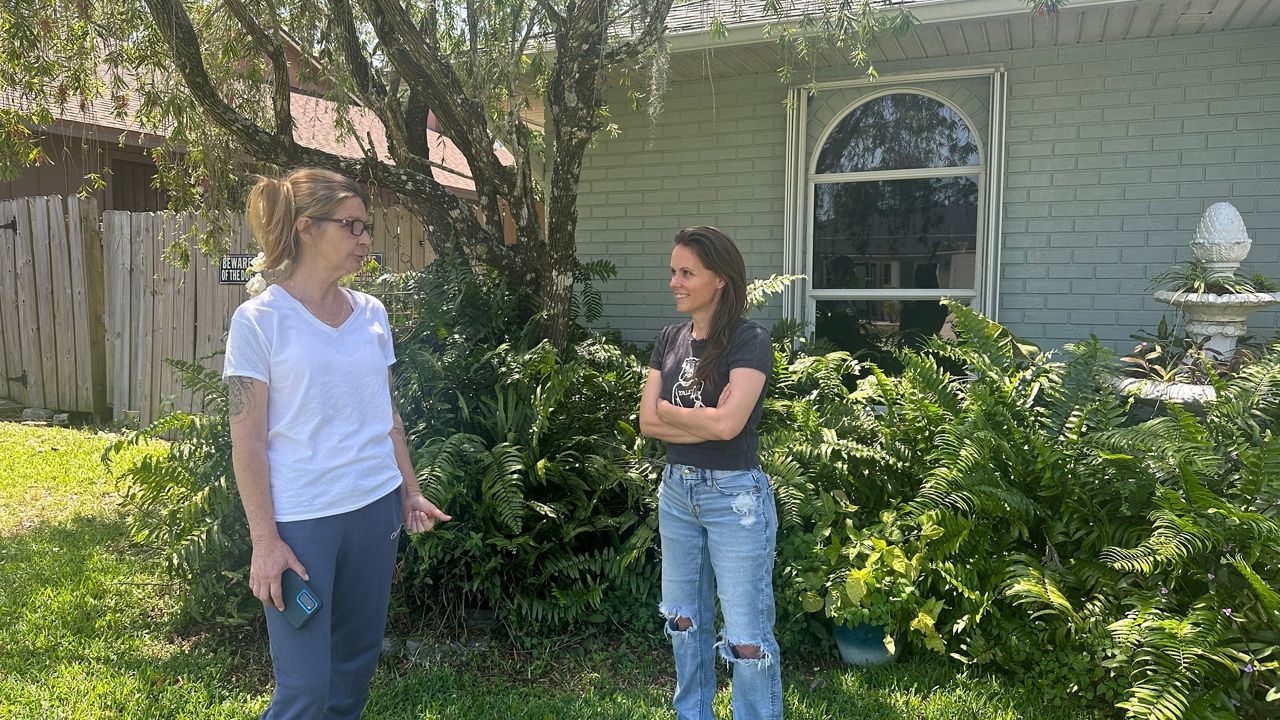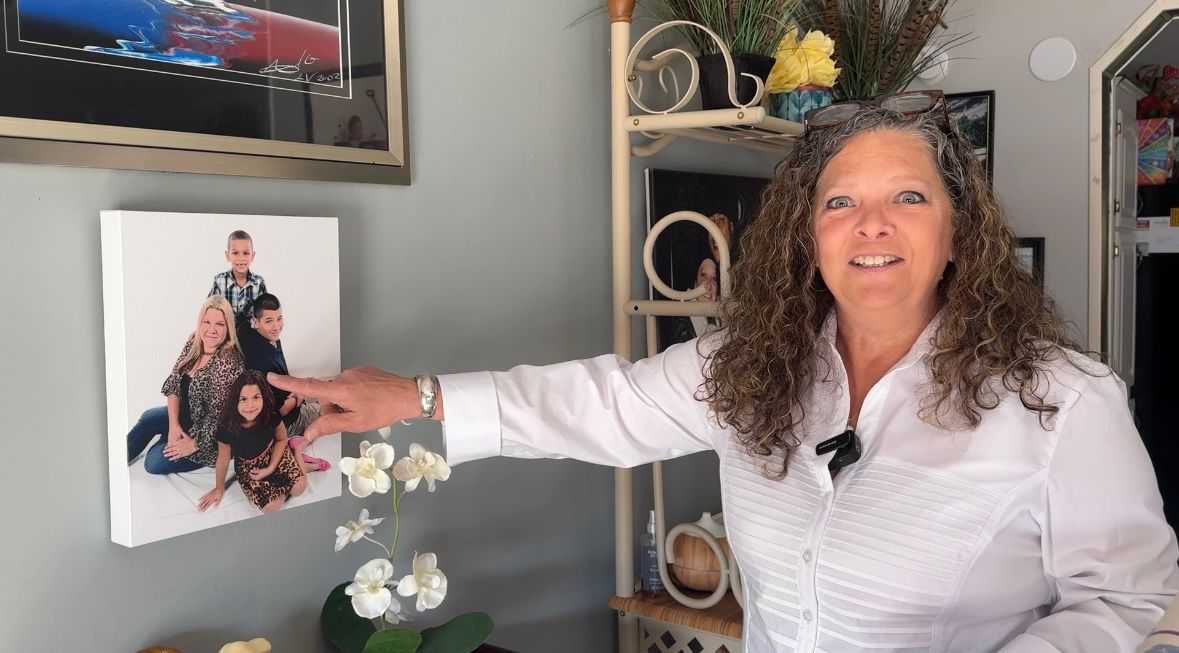Minutes before the Democratic Hispanic Caucus of Florida’s meeting at the Rosen Plaza Hotel in Orlando took place last Saturday afternoon, caucus president Cesar Ramirez was reviewing the list of speakers planning to address the gathering, which included all of the party’s major gubernatorial candidates, three U.S. Senate candidates and a candidate for agricultural commissioner.
“I want them to show emotion about the things that are going on right now, that are hurting our community,” he said.
What You Need To Know
- President Joe Biden won the Hispanic vote nationally 59% to Donald Trump's 38%
- In Florida, though, Trump captured 55% of the Cuban vote, 30% of the Puerto Rican vote, and 48% of other Latinos
- Florida Democrats say the party's candidates need to get 60% of the Hispanic vote to be successful in 2022
Although Donald Trump made inroads with the Hispanic vote nationally in 2020, Joe Biden still won that voting bloc, getting 59% to Trump’s 38%, according to Pew Research.
In Florida, Trump captured 55% of the Cuban vote, 30% of the Puerto Rican vote and 48% of “other Latinos,” according to NBC News exit polls.
Florida Democratic Party Chairman Manny Diaz said Florida Democrats must get 60% of the Hispanic vote to be successful in 2022.
Ramirez is determined for his caucus to make a difference in the 2022 election, where the Democrats are considered underdogs in the two premiere races on the statewide ballot for governor and Senate.
The South Bronx native said the Hispanic Caucus is functioning on all cylinders now with 17 chapters around the state, nearly double the amount when he took over the position a year ago.
But the narrative is that the Democrats are in trouble with Latino voters, particularly in South Florida, where GOP charges that the party backs socialist policies has found resonance with a number of Cuban, Venezuelan and Colombian voters who have escaped oppressive regimes.
“It’s baseless — it’s sensationalizing fears and we need to do a better job with our messaging to let people know that," said Ramirez, who is Puerto Rican. "You know what? I’m a Democrat and a capitalist. I’m a Democrat and I love my money. I love making money. I love the Constitution. I love the First Amendment, Second Amendment, Third Amendment.
"You know, that being a Democrat is not taboo, it doesn’t mean we don’t support small businesses.”
Ramirez said people need to understand that in many ways, Hispanic voters are conservative, religious people, and that Democrats need to meet them where they’re at.
He admits that the Dems lack the financial resources that the Republican Party of Florida enjoys.
"Let's face it, we're working with 10 cents to their $10," he said. "So we have to do it by manpower. Social media. The things that don't cost that much."
Not every Florida Democrat believes the situation is that dire.
“We cleaned the Republicans’ clocks in 2018 in the congressional races,” said Orlando-area Congressman Darren Soto. “These races are going to go back and forth. Everybody acts like one election cycle and this is, like, some permanent victory. That is bull.“
Soto said it is important to counter misinformation that Democrats encountered from Spanish talk-radio in South Florida last year.
He said that the Energy and Commerce Committee will hold a field hearing in Miami in 2022 “on the misinformation in Spanish to highlight all these folks who are using fear to scare our seniors down in South Florida.”
Officials with the committee did not respond to Spectrum Bay News 9’s inquiry about such a hearing.
On the western side of the I-4 corridor, Hillsborough County also continued to perform positively for Democrats in 2020, but overall the election was considered a debacle for the party, which also recently endured the indignity of losing their historical edge in registered voters in the state.
The first candidate to address the Hispanic Caucus on Saturday was Miami-Dade state Sen. Annette Taddeo, the newest major candidate to enter the Democratic race for governor.
“We’re going to bring back the voters that we have lost, which is those Latino voters across the state," she said. "Yes, we have lost a lot of them, but we need to get them back. It’s about speaking our culture, understanding our values and getting them excited about coming out to vote.”
Diaz later acknowledged that the party has a messaging problem – saying that they simply lack one.
“We need to spend time together primarily and foremost, to talk about messaging, because, obviously, we have no message,” he said in his remarks. "The message is there, it’s always been there.”
Diaz then inferred that the party failed last year when it came to being labeled as socialists.
He cited a 1984 Miami Herald article that he had recently come across, which quoted him as responding to Miami Republican claims back then that the Democrats were communists and socialists.
He said he had responded by talking about issues that affected seniors and low-income people.
“That was almost 40 years ago — we’re still talking about the same thing," Diaz said. "The difference is, back then we were talking about the other things. Today, we stopped talking about the other things."








